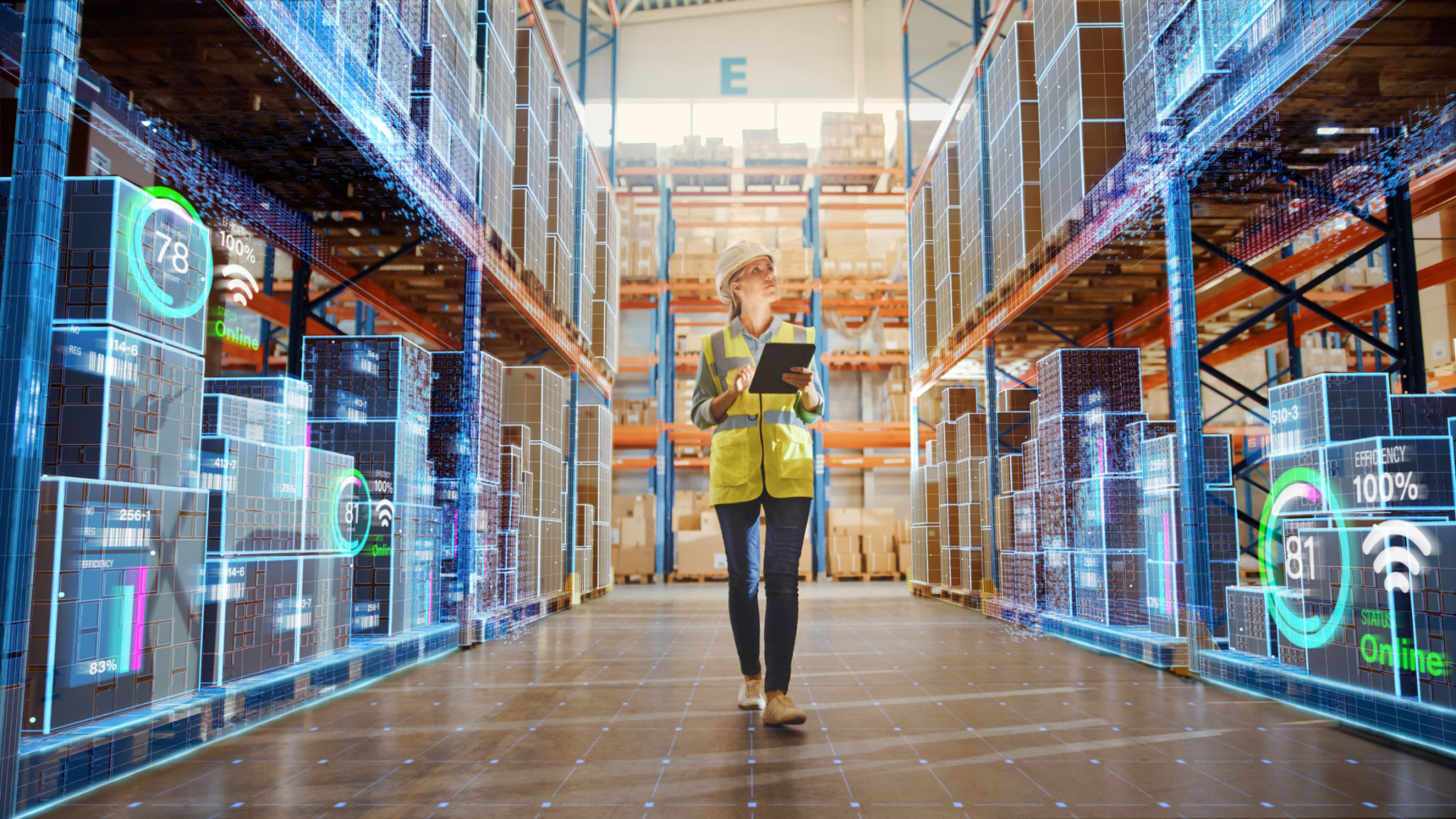Cross-Border Logistics Optimization: AI Solutions for Global Operations
Understanding Cross-Border Logistics Optimization
In today's globalized economy, businesses are increasingly operating across borders, which brings a unique set of challenges in logistics. Cross-border logistics optimization is crucial for ensuring that goods move efficiently and cost-effectively from one country to another. The complexity of managing international trade routes, tariffs, customs regulations, and diverse transportation modes requires innovative solutions. This is where AI solutions come into play, offering the potential to revolutionize logistics operations on a global scale.

The Role of AI in Global Operations
Artificial intelligence (AI) is transforming industries by providing advanced analytical capabilities that enhance decision-making processes. In cross-border logistics, AI can optimize routes, predict demand, and manage inventory more effectively. By analyzing vast amounts of data in real-time, AI-driven systems help companies adapt to changes swiftly, minimizing disruptions and costs.
One significant advantage of AI is its ability to learn and improve over time. Machine learning algorithms can identify patterns in shipping data and suggest the most efficient ways to move goods. This adaptability ensures that logistics operations remain smooth and responsive to fluctuating market conditions.
Streamlining Customs and Trade Compliance
Customs clearance and trade compliance are often the most challenging aspects of cross-border logistics. Each country has its own set of regulations, which can change frequently. AI solutions can help businesses stay up-to-date with these changes by automating compliance checks and providing real-time updates on policy modifications. This reduces the risk of costly delays and fines.

Moreover, AI can enhance document management by digitizing paperwork and ensuring that all necessary documentation is complete and accurate before reaching customs. This not only speeds up the clearance process but also minimizes errors that could lead to shipment holds or rejections.
Enhancing Supply Chain Visibility
A critical component of logistics optimization is supply chain visibility. Companies need to track their shipments in real-time to make informed decisions. AI-powered platforms provide comprehensive visibility by integrating data from multiple sources such as GPS trackers, IoT devices, and transportation management systems.
This level of transparency allows companies to monitor the exact location and condition of their goods at any given time. It enables proactive measures to be taken in case of disruptions, such as rerouting shipments or adjusting inventory levels in response to delays.

Reducing Costs Through Predictive Analytics
AI's predictive analytics capabilities are invaluable for cost reduction in cross-border logistics. By forecasting demand with high accuracy, businesses can optimize their inventory levels, reducing holding costs and minimizing stockouts. Predictive analytics also helps in identifying the most cost-effective transportation modes and routes, taking into account fuel prices, transit times, and seasonal variations.
Furthermore, AI can evaluate historical data to predict potential risks such as adverse weather conditions or geopolitical tensions that might affect supply chains. By anticipating these issues, companies can develop contingency plans that mitigate their impact.
The Future of Cross-Border Logistics
As AI technology continues to evolve, its applications in cross-border logistics will expand further. Innovations such as autonomous vehicles and drones are on the horizon, promising to enhance delivery speed and reduce reliance on traditional transportation methods. Moreover, blockchain technology combined with AI could offer unprecedented transparency and security in international trade transactions.

In conclusion, AI solutions are at the forefront of optimizing cross-border logistics. They offer significant benefits by increasing efficiency, reducing costs, and improving compliance with international regulations. As businesses continue to expand their global operations, harnessing the power of AI will be essential for staying competitive in the dynamic world of international trade.
